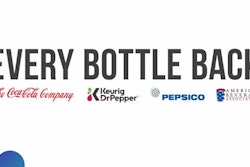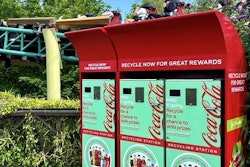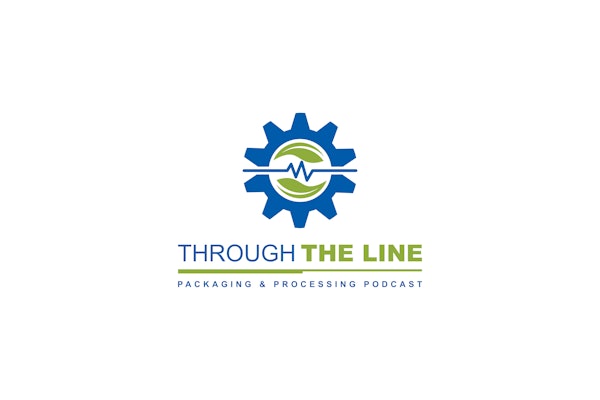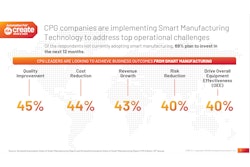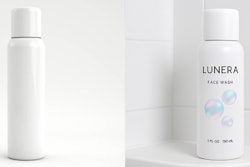Keurig Dr Pepper Inc. has agreed to pay a $1.5 million civil penalty to settle charges with the Securities and Exchange Commission (SEC) over misleading claims about the recyclability of its K-Cup pods. The SEC found that Keurig failed to disclose concerns from two major U.S. recycling companies about the feasibility of recycling K-Cups, despite the company claiming that its testing had validated the pods' recyclability in consecutive annual reports for 2019 and 2020.
The SEC emphasized that public companies must ensure the accuracy and completeness of their disclosures, especially when addressing issues critical to investors.
"Public companies must ensure that the reports they file with the SEC are complete and accurate," John T. Dugan, Associate Director for the regional Boston office of the SEC, said in a press release. "When a company speaks to an issue in its annual report, they are required to provide information necessary for investors to get the full picture on that issue so that investors can make educated investment decisions."
The omission of the recyclers' concerns violated Section 13(a) of the Securities Exchange Act of 1934. Keurig's K-Cup pods, made from #5 polypropylene plastic, were widely marketed as recyclable, yet many local recycling facilities did not accept them, raising questions about the claims.
Keurig did not admit or deny the findings but agreed to a cease-and-desist order. The company reiterated its commitment to improving recycling systems and encouraged consumers to check local guidelines on pod recyclability. This case highlights the importance of transparency in environmental claims, especially for companies involved in large-scale consumer packaging.
A spokesperson at Keurig Dr Pepper told ABC News that the company was "pleased to have reached an agreement that fully resolves this matter."
"Our K-Cup pods are made from recyclable polypropylene plastic (also known as #5 plastic), which is widely accepted in curbside recycling systems across North America. We continue to encourage consumers to check with their local recycling program to verify the acceptance of pods, as they are not recycled in many communities. We remain committed to a better, more standardized recycling system for all packaging materials through KDP actions, collaboration, and smart policy solutions," the statement continued.




